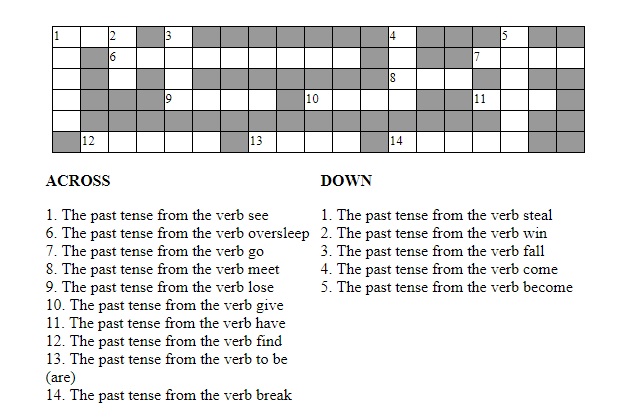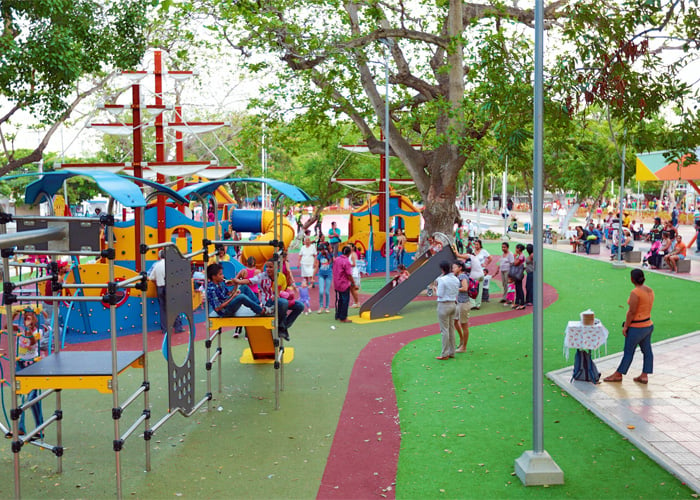OBJECTIVE
By the end of the lesson, students should be able to express hypothetical ideas related to actions they could do.
WARM UP
Find to regular past simple verbs in the word search
| S | T | O | P | P | E | D | Q | Z | B | S | X | ||
| X | G | B | K | L | W | U | G | U | G | T | M | ||
| X | W | B | U | A | H | S | L | E | W | U | W | ||
| V | J | G | Q | N | V | W | T | Z | Z | D | C | ||
| Q | O | P | E | N | E | D | R | P | H | I | L | ||
| Q | K | L | Q | E | V | H | I | J | W | E | O | ||
| S | K | A | X | D | K | K | E | J | R | D | S | ||
| T | R | Y | R | W | J | Q | D | H | E | X | E | ||
| A | Z | E | B | H | Z | Z | H | X | I | K | D | ||
| Y | M | D | H | W | O | R | R | I | E | D | Z | ||
| E | C | J | D | R | O | P | P | E | D | Q | B | ||
| D | W | C | B | X | D | S | M | I | L | E | D | ||
Complete the crossword
GRAMMAR
https://www.ego4u.com/en/cram-up/tests/conditional-sentences-3
ACTIVITIES
WRITING
READING
http://renglish.blog.hu/2015/06/03/reading_comprehension_based_on_the_second_conditional
Text "How did the Spanish take over the Aztec Empire" (Edmodo)
LISTENING
If I have extra money, I usually buy a laptop equipment with it.
I will buy a new laptop next month if I have some extra money.
If I had some extra money, I would buy a new laptop today or tomorrow.
I would have bought a new laptop last month if I had had some extra money.
Conditional sentences are also known as conditional clauses or if clause. They are used to express that the action in the main clause (without if) can only take place if a certain condition (in the clause with if) is fulfilled. There are three types of conditional sentences.
I will buy a new laptop next month if I have some extra money.
If I had some extra money, I would buy a new laptop today or tomorrow.
I would have bought a new laptop last month if I had had some extra money.
Conditional sentences are also known as conditional clauses or if clause. They are used to express that the action in the main clause (without if) can only take place if a certain condition (in the clause with if) is fulfilled. There are three types of conditional sentences.
SITUATION
|
IF CLAUSE
|
RESULT CLAUSE
|
EXAMPLE
|
1.True / in the present / future
|
Simple present
|
Will + simple form
|
If I have enough time. I watch TV every evening.
If I have enough time I will watch TV later on tonight.
|
It is possible and also very likely that the condition will be fulfilled.
| |||
2. Untrue / in the present / future
|
Simple past
|
Would + simple form
|
If I found her address, I would send her an invitation
|
It is possible but very unlikely, that the condition will be fulfilled.
| |||
3. Untrue / in the past
|
Past perfect
|
Would have + past participle.
|
If I had found her address, I would have sent her an invitation
|
It is impossible that the condition will be fulfilled because it refers to the past.
| |||
https://www.ego4u.com/en/cram-up/tests/conditional-sentences-3
ACTIVITIES
WRITING
Match the sentence halves
1. If someone spiled kétchup all over a. I´d have seven years of bad luck
my clothes, b. I´d go to Antarctica
2. If I won $1.000.000, c. I´d laugh about it because it would be
3. If a genie gave me one wish an accident.
4. If I broke a mirror, d. I´d use a pay phone to call my parents
5. If I lost my Smart phone, e. I´d ask him to make me taller
6. If I won a competition to travel f. I´d give it to my parents.
anywhere in the world,
Complete the statements. Then share your ideas with a partner
a. If I´d been born 100 years ago ______________________________________________
b. If I hadn´t / had had brothers and sisters _____________________________________
c. If my family had moved abroad when I was a kid, _______________________________
d. If I´d saved more money last year, ___________________________________________
If I´d stayed home this morning ___________________________________________________READING
http://renglish.blog.hu/2015/06/03/reading_comprehension_based_on_the_second_conditional
Text "How did the Spanish take over the Aztec Empire" (Edmodo)
LISTENING
SPEAKING
Explain what you will do if you win the lottery









Comentarios